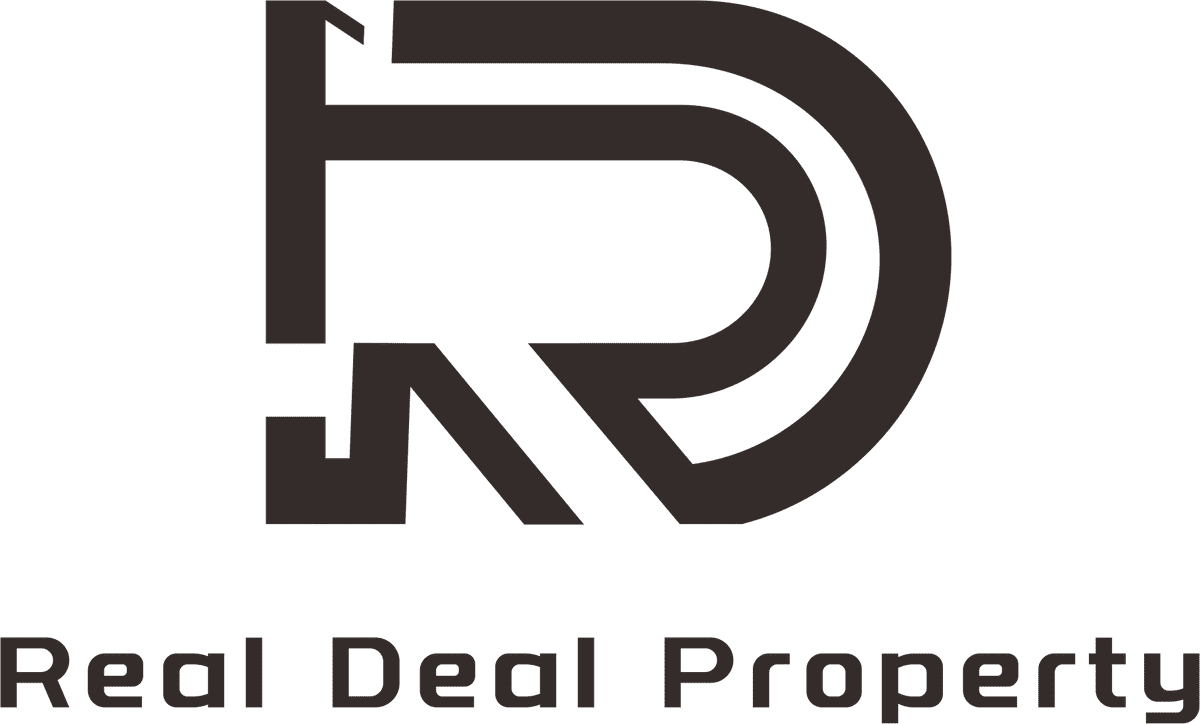Investing in positive cashflow property is a great way to earn a steady income and build long-term wealth. However, it’s important to be aware of the tax implications associated with such investments. In this article, we will discuss the various tax implications of investing in positive cashflow property and how to maximize your return on investment.
What Are the Tax Implications of Positive Cashflow Property?
When it comes to investing in positive cashflow property, there are a variety of tax implications that you need to be aware of. Your taxes will vary depending on the type of property you invest in, how long you hold the property, and how you use the income you earn from the property.
For example, if you purchase a rental property, you will be required to pay income tax on the rent you receive from tenants. You may also be eligible for deductions for any expenses related to the property, such as insurance, repairs, and maintenance. Additionally, you may be able to claim depreciation on the property, which is a deduction based on the amount of wear and tear the property experiences over time.
If you decide to sell your property, you may be able to take advantage of capital gains tax. This type of tax applies when you sell an asset for more than you paid for it, and the amount of tax you pay will depend on how long you held the property for.
Finally, if you purchase a property for the purpose of flipping it (i.e. buying, renovating, and reselling it for a profit), you may be subject to capital gains tax, depending on how long you held the property for.

